The streamlining exercise began last year when new boss Dr Fritz Ammann pulled the plug on the cash draining online shopping venture Einkauf 24 and sold the non food discount chain Kodi.
According to local press reports, predators circling round the cash and carries include Metro and Edeka, although the 2,600sq m stores might be considered too small for Metro, which typically operates in stores between 5,000 and 17,000sq m.
Spar declined to comment on the progress of the discussions, but a spokeswoman said the 34 outlets were profitable.
Analysts said Spar would continue to suffer as the climate in Germany became even more price competitive.
One said: "Intermarche [Spar's parent company] must be kicking itself for ever taking it on."
Spar insisted it could hold its own against the discounters: "Our prices are always comparable to Aldi," said the spokeswoman. "And we are planning to rework our price-structure in this segment."
Spar sold its hypermarkets division to Wal-Mart in 1998 and has been progressively converting its larger stores to the more successful Intermarche concept.
The company said it would make a decision on the future of the company-owned Eurospar estate "in the next two weeks".
On a store by store basis, options include closure, conversion to the Netto hard discount format or conversion to the more upmarket Intermarche format.
Under the reorganisation announced by chief executive Amman last June, Spar is focusing on the company owned estate, Netto and the 3,000-plus independent retailers it supplies as a wholesaler.
It has also restructured its business functions into four regional divisions, ending the practice of handling company owned and independently owned stores separately.
{{NEWS }}
Close menu
- Home
- Retail & Wholesale
-
Products & Suppliers
- Back to parent navigation item
- Products & Suppliers
-
Product Categories:
- Back to parent navigation item
- Product Categories:
- Alcoholic drinks
- Bakery
- Cereals & breakfast
- Cheese
- Chicken & poultry
- Chocolate
- Confectionery
- Crisps, nuts & snacks
- Dairy
- Fish
- Fresh produce
- Frozen
- Household
- Meat
- Own Label
- Sauces & condiments
- Seasonal
- Soft drinks
- Vaping
- Vegan & plant-based
- World foods
- Suppliers
- People
- Reports & Data
-
Topics A-Z
- Back to parent navigation item
- Topics A-Z
-
Popular topics:
- Back to parent navigation item
- Popular topics:
- Cost of living crisis
- Crime
- Deposit Return Schemes
- Finance
- Government & Regulation
- Health
- Inflation
- Loyalty
- Marketing
- Mergers & Acquisitions
- New Product Development
- Sourcing
- Supply chain
- Sustainability & environment
- Technology
- Ultra Processed Foods
- Vaping
- A-Z all topics
- Content by type:
- Events
- Ask iA (beta)
- Subscribe now
Sign in to comment on this article
Not logged in before? Register for FREE guest access today.
You will be able to:
- Read more stories
- Receive daily newsletters
- Comment on stories
Advert




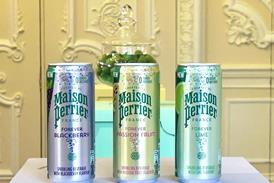



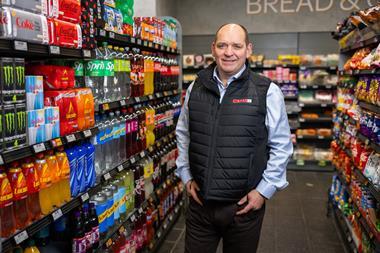
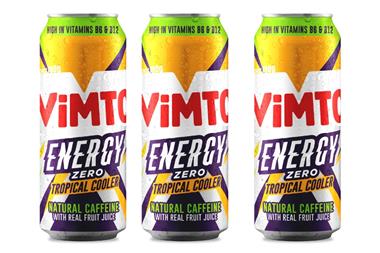
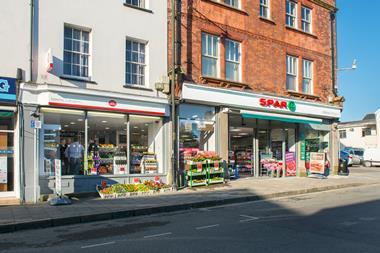
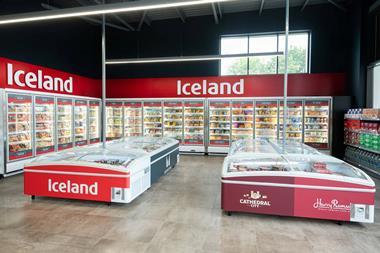
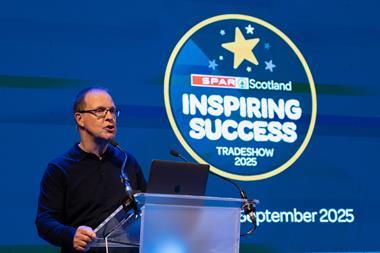
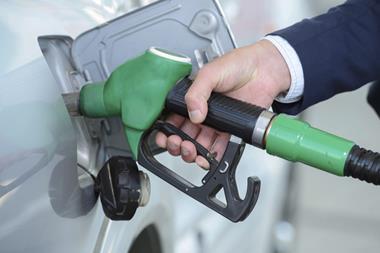

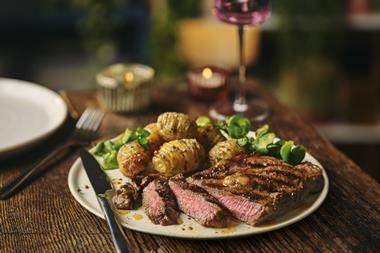


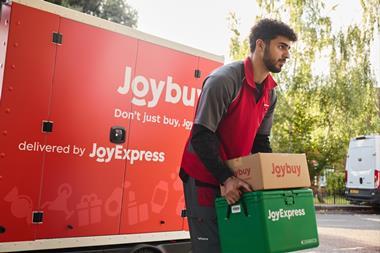
No comments yet